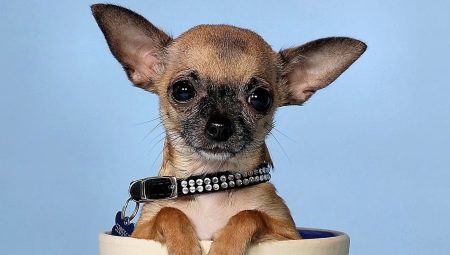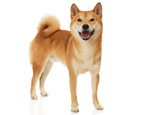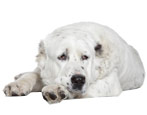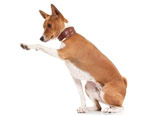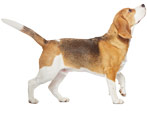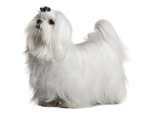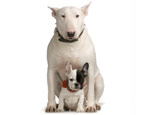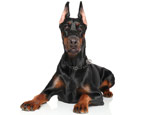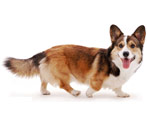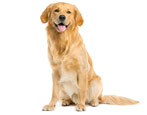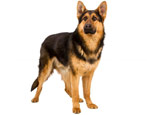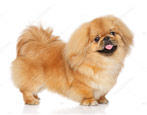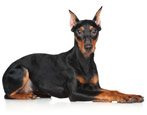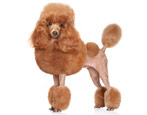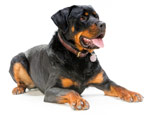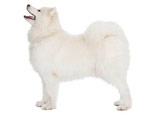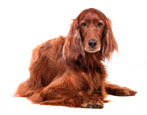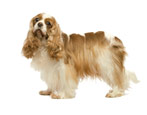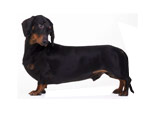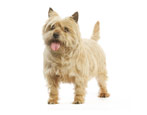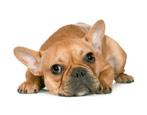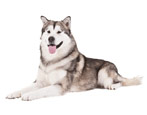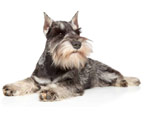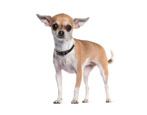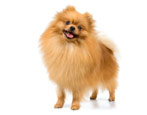How big will your chihuahua be when it grows up? At what age do Chihuahua puppies stop growing? The owner of a dog of this breed should know the answer to all these questions.
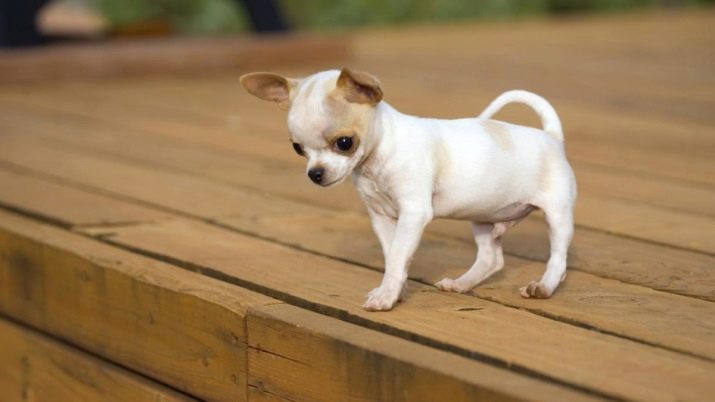
Features
The smallest puppy of a litter can exceed its own littermates in size by the time all the puppies are one year old. And it makes no difference whether it is a boy or a girl. All puppies grow almost the same.
The best method to determine how big a chihuahua will become is to look at the pedigree. This will be considered his standard. Size along with other physical attributes is hereditary.
Genetics transmitted from parents will undoubtedly affect the size of the chihuahua; although looking back at 3 generations, you get the best idea of your puppy's future size.


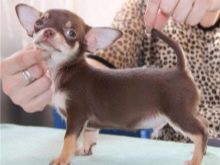
How fast are they growing?
Newborn puppies grow most actively in the first 30 days of their life, while they double in size in about a few days.
During the first 12 months, Chihuahua puppies grow to about full size. However, there will be times when puppies begin to increase rapidly in weight. It is recommended to check the increase for this indicator once every 30 days. If your chihuahua is not gaining weight, has stopped growing and does not grow longer or taller for four weeks, it is recommended that you visit a veterinarian who will carefully examine your animal.
Starting from 12-18 months, this breed finishes growing and acquires its full growth and size. Although officially Chihuahuas can be considered adults when they reach one year old, in the last few months of growth they often become larger in width.
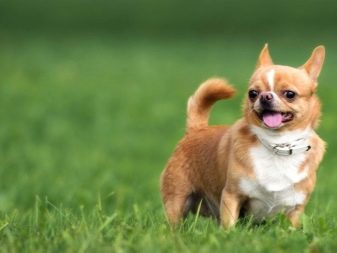
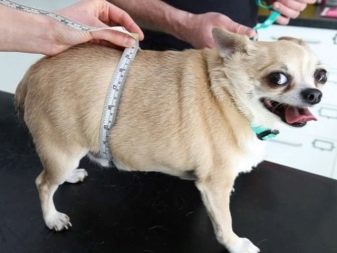
Newborn puppies of the Chihuahua breed are quite large. They have excess fat, but it is necessary to provide the body with heat and a supply of energy - there is no need to worry about excess weight. Puppies are very energetic, problems with the thyroid gland or some other diseases that can affect the accumulation of excess weight, they are very rare.
In the first 12 months, just like in the first six months, the puppy's body will stretch. The Chihuahua will stretch the body until the puppy becomes an adult. Over the years, Chihuahuas will look more elegant and slimmer. Gradual weight loss in the sides will occur as the fat layer is depleted.
Although puppies in adolescence, like adults, are rarely overweight, health problems that can prevent dogs from staying active can lead to an unhealthy increase in body weight. Reducing exercise, consuming the same amount of calories will certainly lead to an increase in body fat.

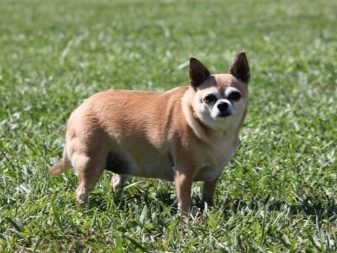
How to evaluate if a Chihuahua has normal growth?
The size of an adult Chihuahua depends on various factors:
- dog activity;
- getting good nutrition;
- heredity.
Newborn puppies typically weigh between 0.07 and 0.18 kg. Babies who eat mother’s milk in the first weeks of life receive better nutrition, therefore, they will grow faster. A healthy diet after weaning the puppy from the mother can also affect growth.
Puppies that do not get enough food or get poor nutrition can be less than usual.


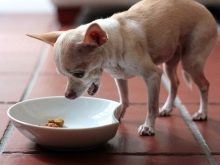
Overfeeding, in turn, can lead to obesity in your dog.
Medical conditions can also affect growth. Chihuahuas who get sick in the first few weeks of life are usually less.
Adult individuals of the breed have a body weight of 1.3 to 2.7 kg. There are dogs that weigh less, but they are usually not very healthy.
As for the growth of an adult Chihuahua, on average, dogs grow up to 15–23 cm in height.
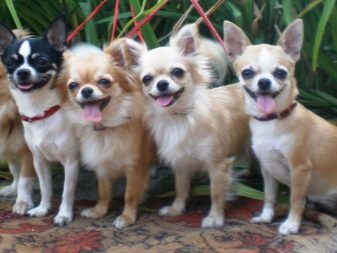
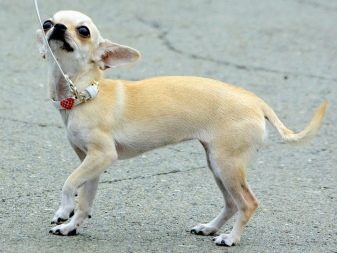
Breed features
The dog's body is longer in length than in height. In this small animal, the tail is constantly above the back.
The head is the most distinctive feature of this breed. The rounded skull is similar in shape to an apple. The eyes are convex and round. The ears of this dog are quite large and always remain upright. The neck is moderately short, the muzzle is slightly elongated.
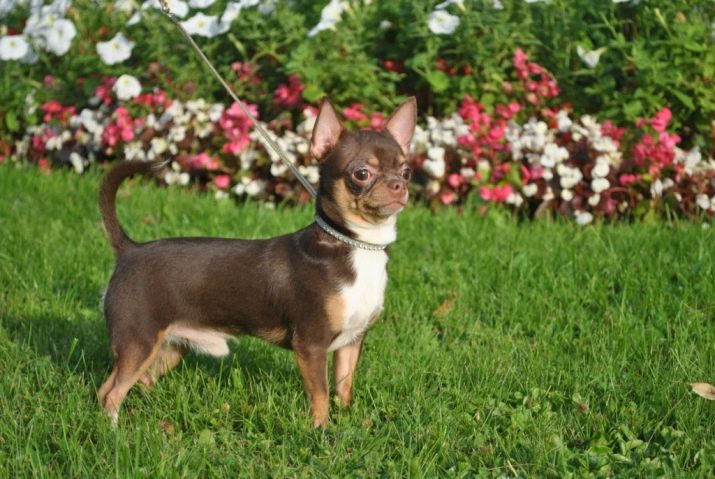
Character traits
Chihuahua is one of the pocket breeds of dogs. By nature, they are very friendly and cheerful, so they are great for families with children. They are quite strong and even look like terriers in temperament - full of self-confidence. Of course, each dog is individual, but on the whole they are beautiful and even amazing animals.
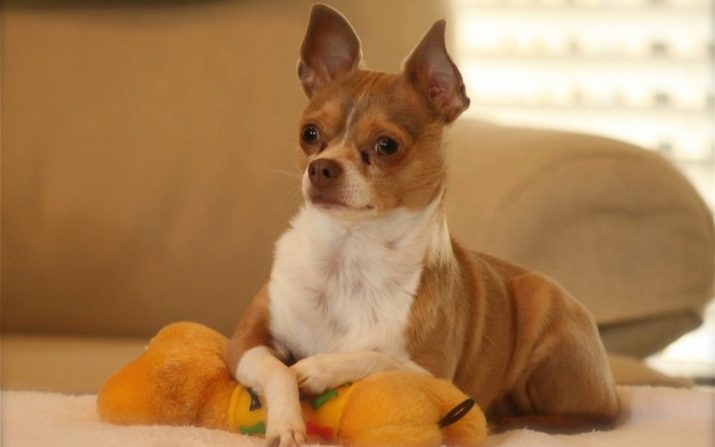
Learnability
Training seems to be one of the weaknesses of the Chihuahua. This does not mean that they are not smart enough to learn. With all this, these animals are driven by strong territorial instincts. Therefore, the dog will definitely guard the territory near the house and mark its borders.
Chihuahuas are really good at obedience and can learn to follow commands consistently. This can actually help with the learning problems that many owners face. Dexterity training also attracts their thinking.
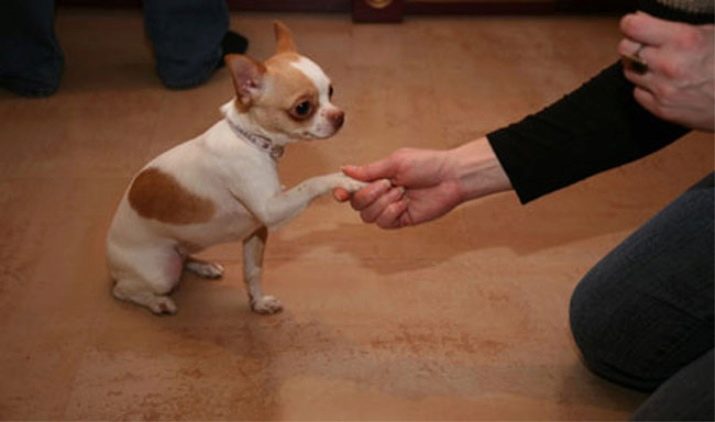
How to care?
Caring for such a pet is quite simple. The breed can be of two types: smooth-haired and long-haired. Smooth-haired dogs are easy to bathe and dry. For dogs with long hair, this is not enough: in addition to bathing and drying, they need to be combed. Dogs can be bathed once a week.
In this breed, it is necessary to regularly check the nails and ears, since they do not spend much time running, like other breeds, without the ability to grind their claws in a natural way. The ears should be cleaned several times a month with a cotton swab dipped in a small amount of alcohol.
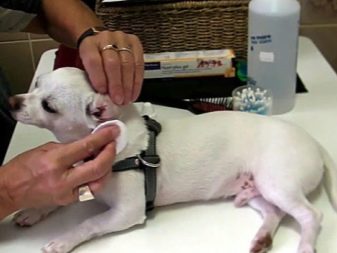
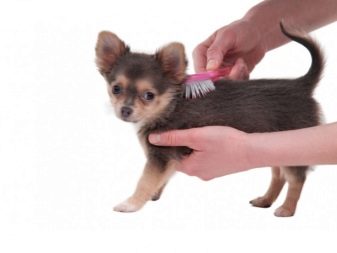
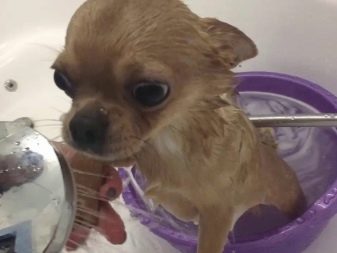
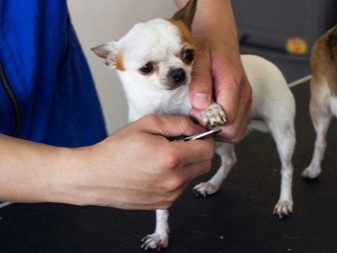
Weight Gain Tracking
Such a small breed of dogs, like a chihuahua, develops and matures faster than large breed dogs. Puppies weighing 85 grams at birth will be approximately 1.36 kg in 18 months. A newborn chihuahua weighing 140 grams will weigh 2.5 kg upon reaching 18 months.
Each week, newborn puppies will recover by 30-60 grams, it will last about 8-10 weeks. Then the weight gain per week increases by 60 grams or more, this will happen up to 18 months. Puppies can add weight in jerks.
You need to monitor the average weekly weight gain until the dog reaches the full 18 months. Puppies that were larger at birth will tend to gain more weight each week than smaller puppies.
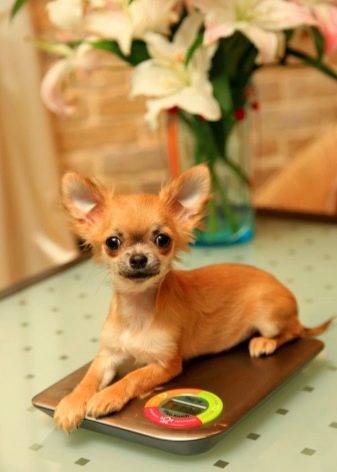
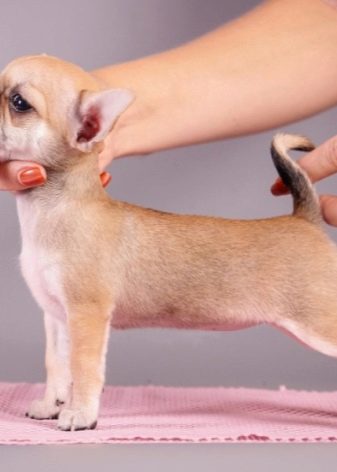
Healthy puppies can gradually gain weight until they reach 90 percent of their expected weight in advanced adulthood. Weight gain slows down between 4 and 6 months, with small spikes in growth. The final weight of an adult will depend not only on genetics, but also on diet.
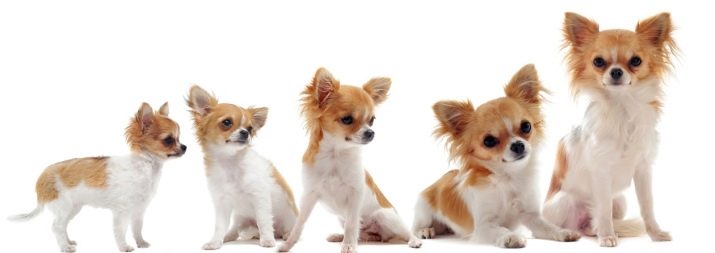
Feeding
Chihuahua puppy should be fed, following the instructions on the dog food packaging. The serving size will depend on the protein content of the food and whether the food is dry or not. When the growth of a Chihuahua slows down, you need to adjust the amount of food in order to switch to an adult feeding regimen.
For Chihuahua's health, it is important to avoid overeating and obesity.
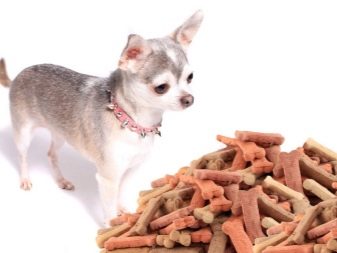
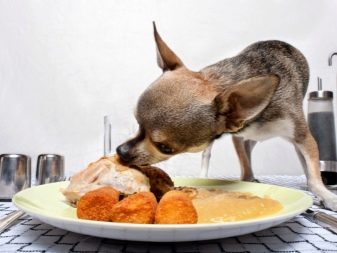
Individuality in growth
It is important to monitor the body weight and behavior of each Chihuahua puppy. A very active puppy can be thin, so he will need extra calories. It is considered useful to draw up a schedule to increase the weight of your puppy, so you can follow a consistent set of desired weight.
Weight loss or an unexpected increase in weight may be cause for concern. Consult your veterinarian for professional advice.
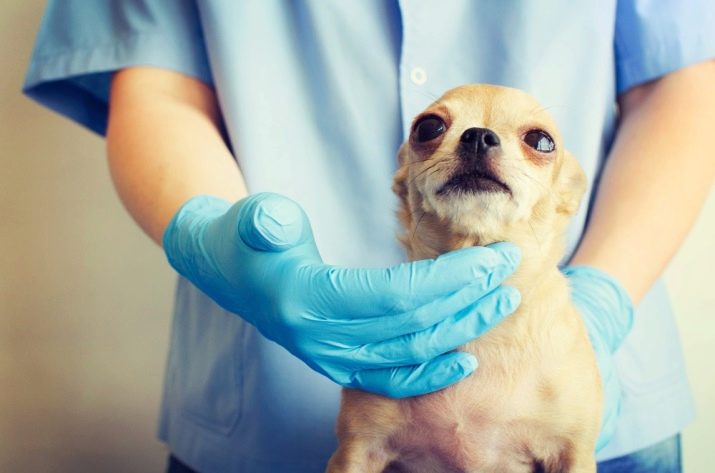
About the features of the Chihuahua breed and some interesting facts, see the next video.
